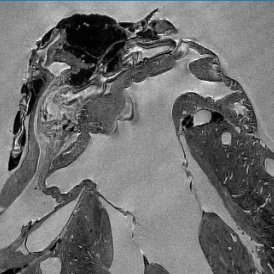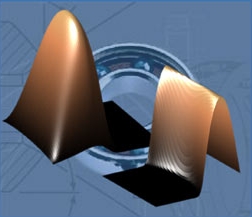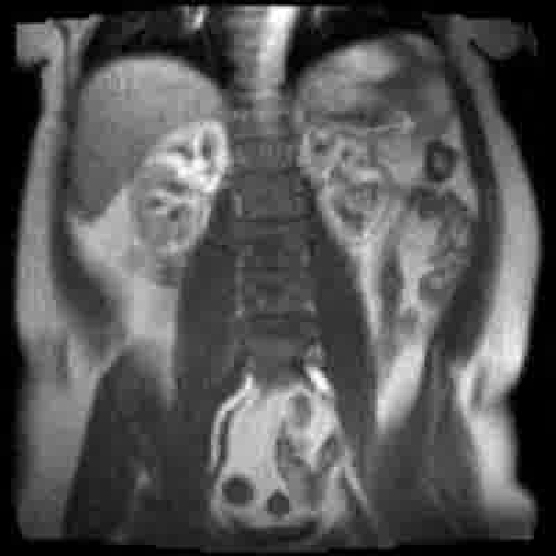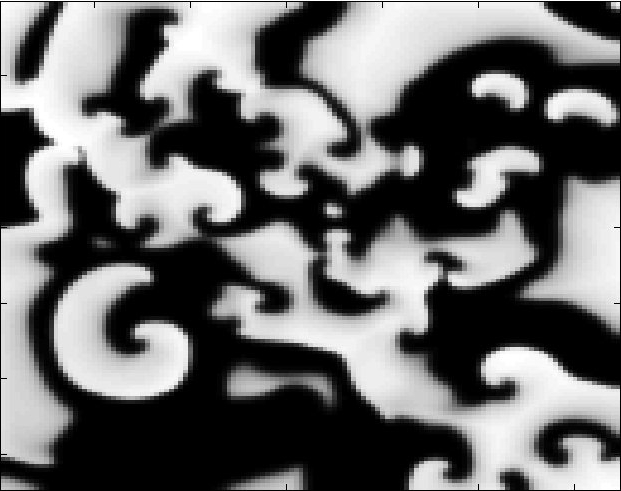| |
Keywords: efficient simulation tool, complex 3D geometries, algebraic multigrid, domain decomposition, update strategies
Information: The aim of this subproject is to formulate, analyse, implement and provide an efficient simulation tool based on coupled fast finite and fast boundary element methods for the approximate solution of large systems of linear equations originating from optimality problems with partial differential equations as constraints. Driven by the medical applications within this SFB we focus on the potential equation and on the Maxwell equations both with piecewise constant and nonlinear, isotropic and anisotropic coefficients, which may vary in magnitude within different subregions.
In particular, we will focus on an efficient direct simulation of coupled different physical problems which are defined in complicated three-dimensional structures described by globally non-quasiuniform meshes with up to hundred million degrees of freedom. Our parallel solvers will base on algebraic multigrid techniques, adaptive cross approximation and on finite and boundary element tearing and interconnecting domain decomposition methods. In order to decrease the overall solution time, special update strategies for the mesh, the matrix generation and the preconditioners have to be considered in the case of outer nonlinear or instationary iterations. Besides direct problems, these algorithms will be applied first to rather standard examples of optimal control, where the solution of primal and adjoint problems requires an efficient solution of (multifold) saddle point problems, for which suitable robust preconditioning strategies have to be considered. The cheap access to fractal norms via boundary elements may also allow the investigation of new optimal control functionals.
|






